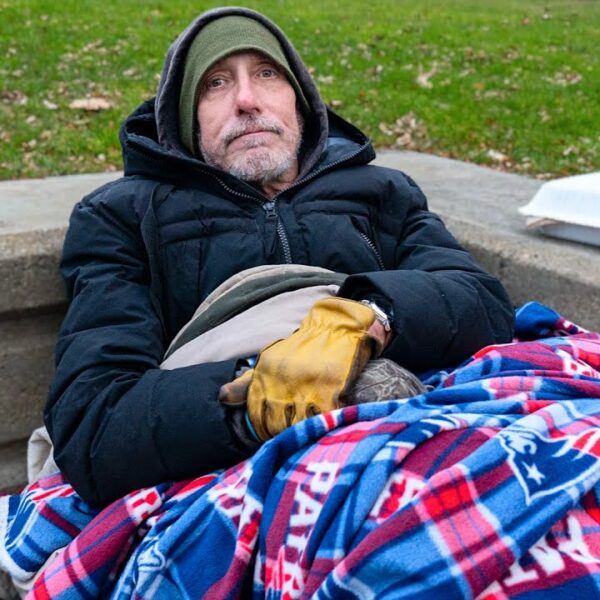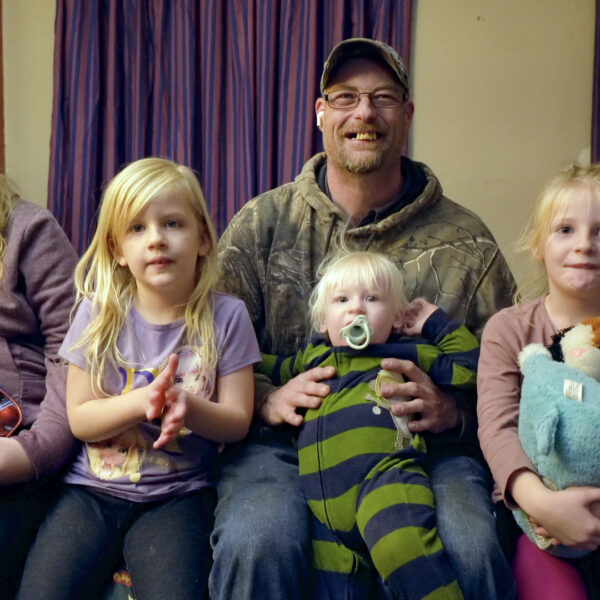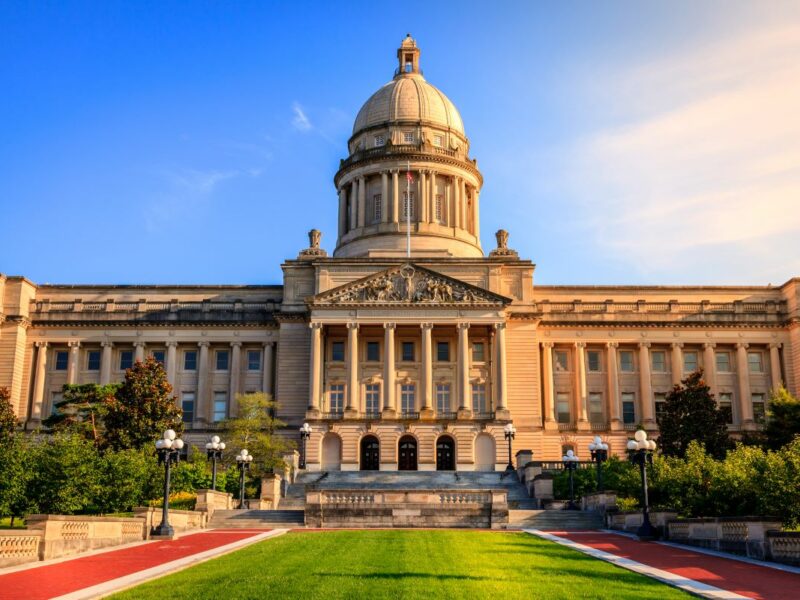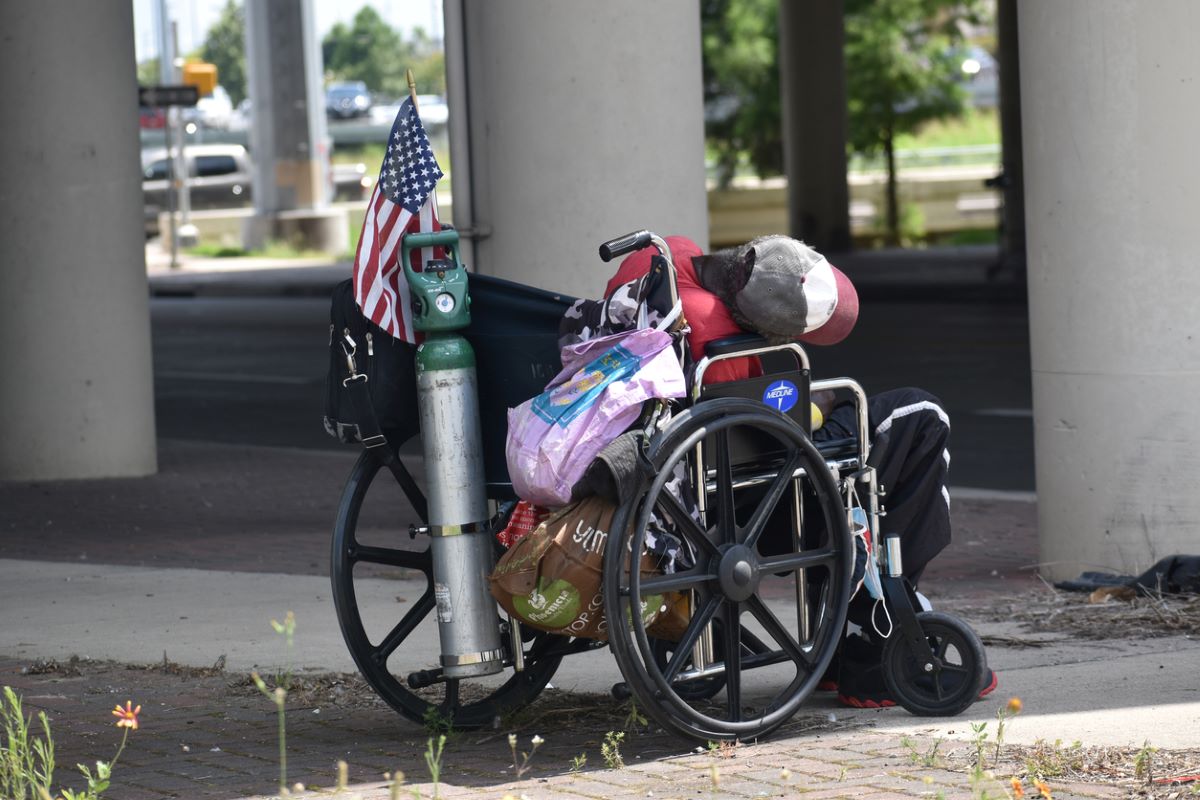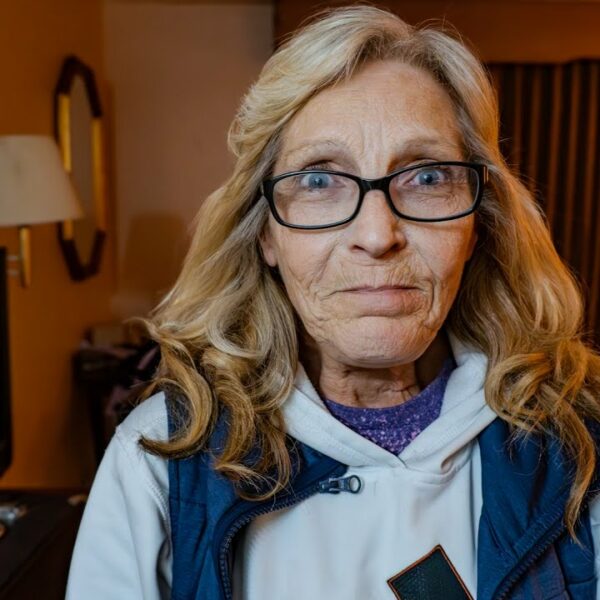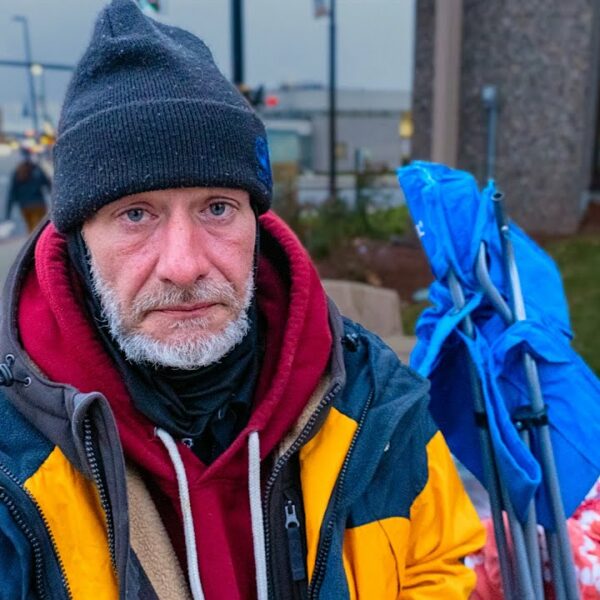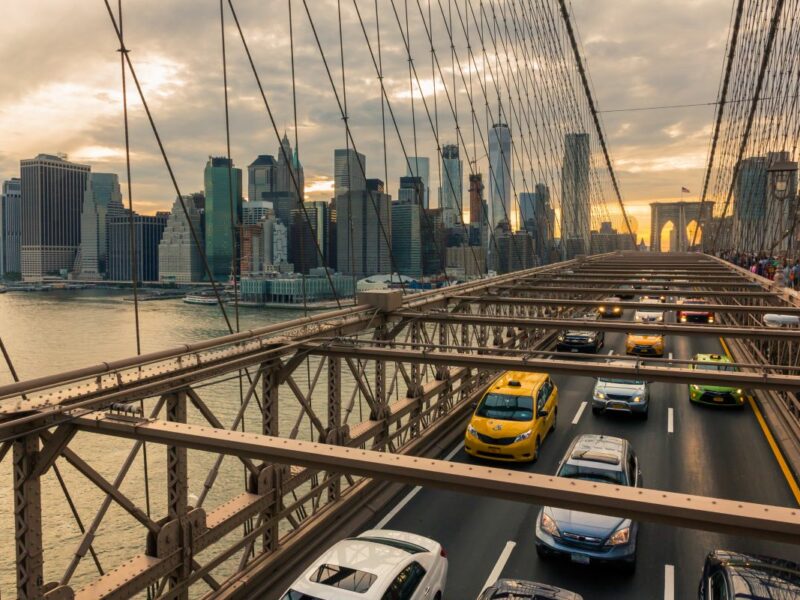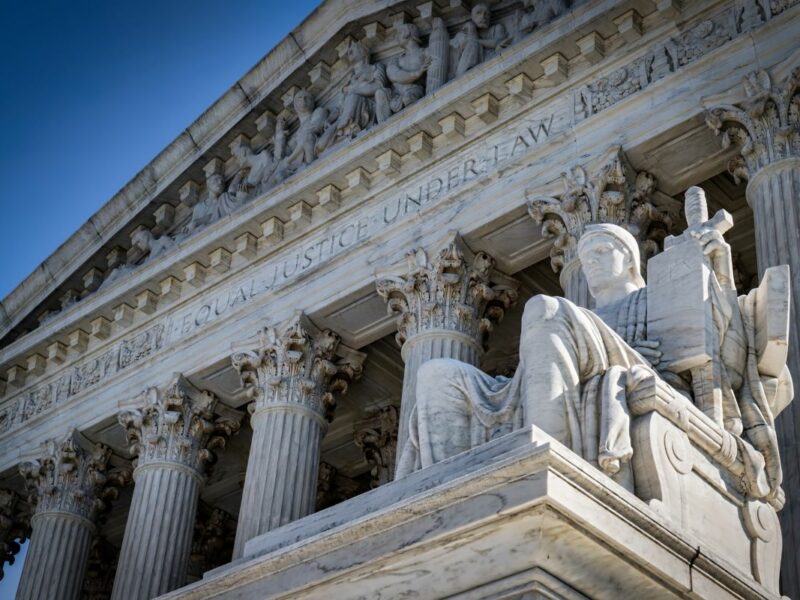There’s a condition that’s been found to dramatically reduce lifespan, increase vulnerability to disease, prompt mental health, and substance abuse issues, and place sufferers at a greater risk of illness and injury. There’s a cure to this condition, but sadly, obtaining it has become an uphill battle for sufferers and their advocates alike. This is due to the scarcity of funds. It’s not that there isn’t money out there—it’s just that it isn’t prioritized for sufferers of this condition.
The condition being referred to, of course, is homelessness. And while homelessness has never been considered a form of treatable illness by the medical field, a bill proposed in Hawaii aimed to change that. The bill would have classified homelessness as a medical condition under Hawaii state law. This would have allowed Hawaii doctors to prescribe the “cure” of housing. With homelessness as a treatable medical condition, insurance companies could have been billed for housing costs. A restructuring of Medicaid funds would have created a high budget for housing homeless people.
This may seem like a radical idea, but the notion of homelessness as a health issue isn’t new. The COVID-19 pandemic has shone new light on the ways that medical issues and homelessness are inextricably linked. Medical conditions and lack of housing affect each other to such an extent that perhaps, as in the case of mental health and substance abuse, the best way to treat them both is at once.
How Could This Shift in Perspective Help Homeless People?
There is solid justification for the idea of homelessness as a medical condition. Homelessness can easily be understood as a public and personal health issue, and vice versa. Homelessness can result from illnesses and injuries that make it impossible to work or repay insurmountable medical bills. Once homeless, there’s a significantly increased risk for chronic diseases such as asthma, diabetes, and high blood pressure. Additionally, rare and deadly diseases that seldom exist in the general population are found among homeless people, such as tuberculosis and hepatitis A.
Looking through this lens, homelessness poses an extreme risk to one’s health. It’s a cycle that, once begun, cannot easily be broken. Once a homeless or formerly homeless person becomes disabled, it’s even more challenging to escape life on the streets.
The effects of homelessness on health are so pronounced people without housing tend to age faster. The average life expectancy of a homeless person is 65 years, whereas it is 78 for the general population.
In Hawaii, the situation is even graver. Hawaii boasts the worst homelessness rates for any state in the country, with 53 homeless people for every 10,000 residents. Life expectancy for homeless people in Hawaii is only 53. They are disproportionately Native Hawaiian.
Hawaii, it seems, is the perfect place to test out a radical idea for treating homelessness.
How Does the Shift Make Sense Systemically?
Treating homelessness as a medical condition doesn’t just benefit the patient. It also benefits the systems that play a role in supporting patients. For example, if Medicaid were to pay for six months of housing, it would actually spend less money than it would shell out for frequent emergency room visits from patients whose conditions could have been averted if they were properly sheltered. A University of Hawaii survey found that healthcare costs dropped 43 percent for chronically homeless people when they were adequately housed for an uninterrupted period of six months.
There’s precedent for using Medicaid in this way. Over a dozen states so far have found ways to use Medicaid to fund social services, such as counseling and employment services. New York currently offers a program for Medicaid recipients to access funds to pay for housing, provided they are low- to moderate-income and have a disability. Various other methods are already in place that allow Medicaid funds to support housing. Typically, they’re services that keep people in housing when it’s unstable or provide for more health-conscious and supportive housing.
Reimbursing for rent as a healthcare cost has never been done before. While it is a new idea, it isn’t that different from what’s been talked about and already done. It’s part of a larger movement to use government funding more responsibly. This movement aims to restructure funding so there is more to go around. After all, the thing that’s been shown to be most helpful in reducing health crises among homeless people isn’t outpatient health services or casework—essentially, even more services—but supportive housing.
What Can We Learn?
Unfortunately, the Hawaii bill itself did not pass the Hawaii legislature, but there’s still hope. The bill generated support, attention, and knowledge around how to use Medicaid funds to their maximum efficiency and greatest benefit for vulnerable people—who, ultimately, Medicaid was designed to help. A related bill that did pass required a study on the impact of using Medicaid funds to provide treatment for homelessness in the form of housing. The “treatment” in the bill includes:
- Housing
- Case management
- Community-based services
- Behavioral health services
Forward momentum is necessary in the fight against homelessness. Whether the impact is great or small, this bill kept it going. It highlights the importance of doing your due diligence as an advocate to be aware of legislation to benefit homeless people. We need to build upon our past progress rather than let measures like these draw attention only when they’re introduced and then fade out of memory. Radical change doesn’t come about overnight. But it is possible as long as we keep taking consistent steps forward.



